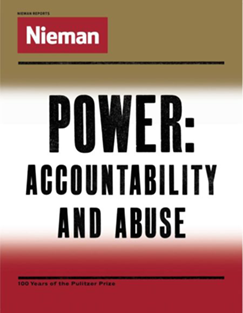Hughes, the paper’s East Asia correspondent, covered the attempted Communist coup in Indonesia in 1965 and the purge that followed.
Like one of its own tropical island volcanoes, Indonesia is rumbling with torment and upheaval. The capital itself has become a monument to disorder and ignored presidential authority.
The capital itself has become a monument to disorder and ignored presidential authority.
Meanwhile, unconfirmed reports are filtering in of unrest elsewhere in the island archipelago—of student clashes, power failures, and even whispers of a new breakaway movement in Makassar, chief city on the island of Sulawesi (Celebes).
Even as President Sukarno summoned leaders of all political parties to his palace in Jakarta Thursday, the capital was swept by new disorder.
In a wave of anti-Communist fury, student squads launched a series of violent attacks on diplomatic offices and houses belonging to Communist China.
Rival leftist groups rallied and fought back. Western embassies went on alert in anticipation of new attacks against them.
Meanwhile, student protests continued outside Indonesian government buildings in various parts of the city. And hundreds of cars were dragged across streets and their tires deflated to form temporary road blocks.
Armed police and troops raced to the Embassy of Communist China to head off angry student crowds bent on ransacking it Thursday morning. The police turned the students away, blocked off the road, and for the rest of the morning the Embassy remained sealed, barred, and shuttered under the protective guns of Indonesian armored cars.
However, the students did sack the Chinese Communist Consulate General building as well as the residence of the Chinese commercial attaché elsewhere in the city, using trucks to first batter down the gates and walls.
All this followed an assault Wednesday on the villa housing Peking’s New China News Agency (NCNA) bureau in Jakarta.
NCNA’s bureau chief, Chang Hai-tao, told this correspondent, “They were rightest hooligans. They swarmed over the fence and cut the telephone line so we could not call for help. They told me, ‘If you don’t open the doors, you will die.’ The fire brigade came half an hour later and the troops an hour later.”


